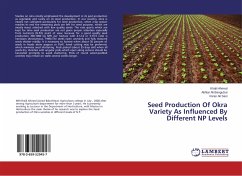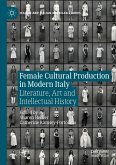Studies on okra mostly emphasized the development in its pod production as vegetable and rarely on its seed production. In our country, okra is mostly not cultivated particularly for seed production, when crop season reaches its end the remaining pods are left for seed purpose, which are mostly insect attacked with low quality seeds. The rate sports which are kept for okra seed production are not given proper attention especially from nutrients (N.P.K) point of view, because for a good quality seed production 300-1000 kg NPK per hectare with 4:12:4 or 5:10:5 ratio is necessary (Anonymous, 1990).The seeds ripen unevenly and fully matured seeds shatter readily. It is necessary to harvest when about 50 percent of seeds in heads show pappus or fluff, hand cutting may be preferred, which minimize seed shattering. Pods picked (about 35 days old) when all seeds dry. Varieties with angular pods which open along sutures should be harvested promptly to avoid shattering. Pods of round velvet-podded varieties may remain on stalks several weeks longer.
Bitte wählen Sie Ihr Anliegen aus.
Rechnungen
Retourenschein anfordern
Bestellstatus
Storno








